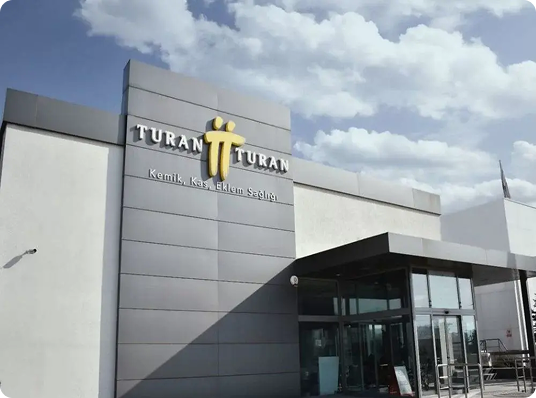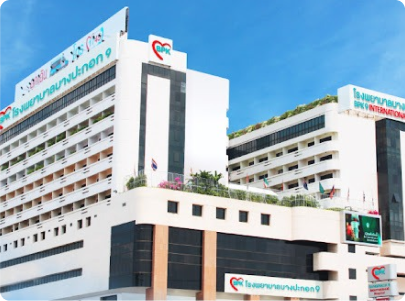Hematopoietic Stem Cell Transplantation
As a specialized medical solution, Hematopoietic Stem Cell Transplantation combines technological innovation, clinical expertise, and patient-centered strategies to optimize recovery, minimize complications, and ensure better overall healthcare experiences.
Get Expert Consultation
Speak with our medical travel experts to get personalized guidance for your procedure
✓ No commitment required • ✓ Expert guidance • ✓ Free consultation

Book Your Free Medical Consultation
Get expert advice—free and easy. Just fill out the form to start your health journey!
Key-Insights for
Hematopoietic Stem Cell Transplantation
Procedure Time
Typically takes several weeks to a few months from diagnosis to treatment completion.
Recovery Period
Full recovery can take several months to a year or more after the transplant.
Expected Results
Improved disease control, enhanced quality of life, and potentially long-term remission.
Ideal Candidates
Patients with life-threatening blood cancers, such as leukemia, lymphoma, or myelodysplastic syndrome, who have not responded well to other treatments.
Hematopoietic Stem Cell Transplantation
As a specialized medical solution, Hematopoietic Stem Cell Transplantation combines technological innovation, clinical expertise, and patient-centered strategies to optimize recovery, minimize complications, and ensure better overall healthcare experiences.

People seek these procedures for various reasons:
Aesthetic Enhancement
To potentially achieve long-term remission from a life-threatening blood cancer
Corrective Purposes
To regain energy and overall well-being after previous treatments have failed
Functional Restoration
To restore normal functioning of the bone marrow and immune system
Things to Check Before Treatment
- •Inform your doctor about any medications, supplements, or herbal remedies you're currently taking
- •Get a comprehensive medical history from your doctor to ensure you're aware of any potential complications
- •Discuss with your doctor the best option for anesthesia and pain management during and after the procedure
- •Arrange for post-operative care and support at home
- •Confirm the hospital's international patient services and insurance coverage
Potential Risks
- •Infection or sepsis
- •Bleeding or hemorrhage
- •Graft failure or rejection
- •Organ damage or dysfunction
- •Increased risk of developing secondary cancers
How to Choose the Right Country, Clinic, and Surgeon
Do's
Verify surgeon credentials (e.g. ISAPS, JPRAS)
Ask for before-after photos
Check language barriers
Review aftercare and follow-up options
Consider local laws on medical malpractice
Don'ts
Don't Choose a Clinic Based Only on Price
Don't Rely Solely on Social Media or Influencers
Don't Ignore Language Barriers
Don't Rush Into Surgery Without Research
Don't Assume You Can Fly Back Immediately
CureMeAbroad Services Are Absolutely Free.
You pay same rates for treatments as in the hospital's original price list.
CureMeAbroad Services Are Absolutely Free.
You pay same rates for treatments as in the hospital's original price list.


Book Your Free Medical Consultation
Get expert advice—free and easy. Just fill out the form to start your health journey!
Hematopoietic Stem Cell Transplantation
Frequently Asked Questions
This procedure involves specific medical techniques tailored to address particular health conditions. Your doctor will explain the detailed process based on your case.

Help Me Plan My Treatment Abroad
End to End Treatment Planning Specifically curated as per your need. Just a Call away


Help Me Plan My Treatment Abroad
End to End Treatment Planning Specifically curated as per your need. Just a Call away


Book Your Free Medical Consultation
Get expert advice—free and easy. Just fill out the form to start your health journey!



